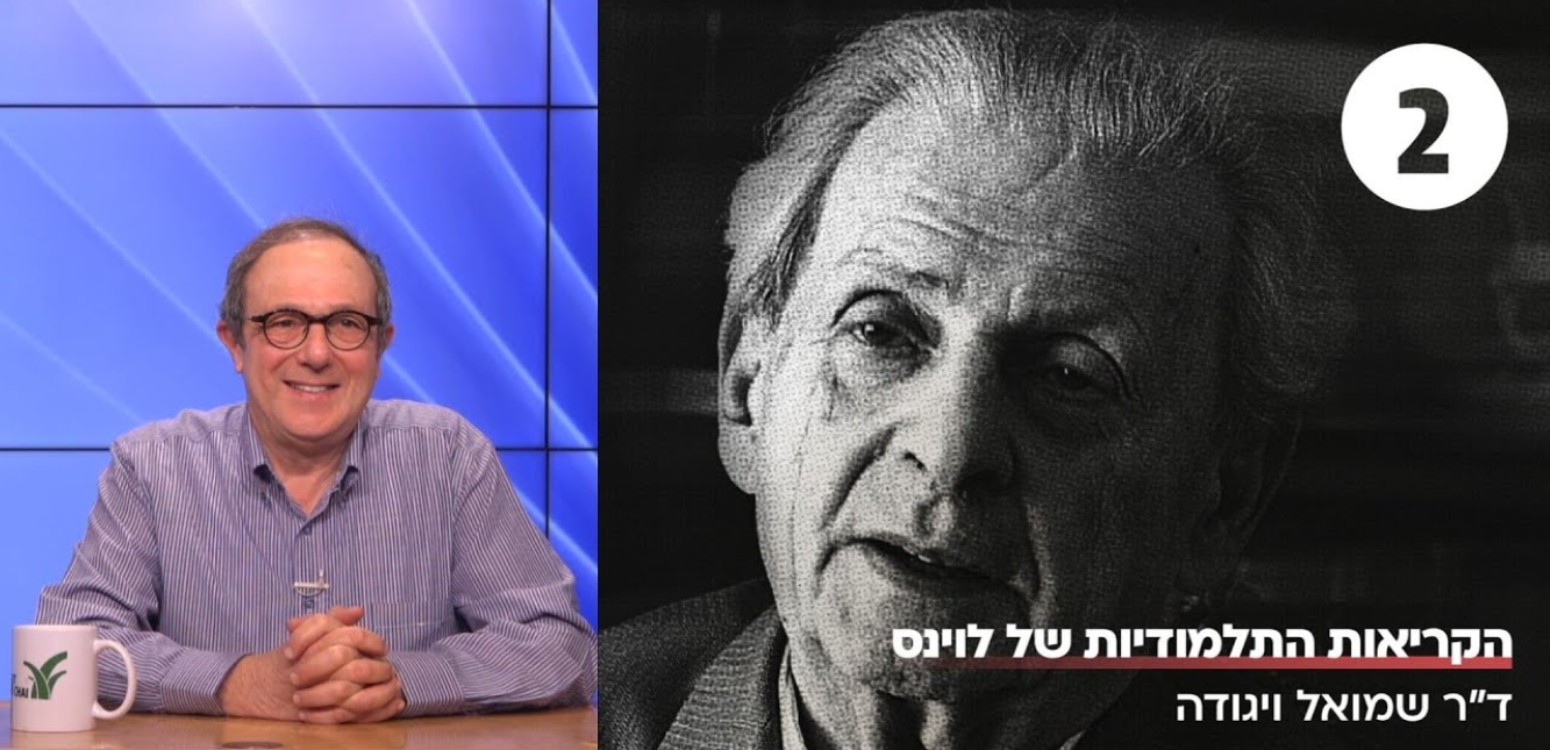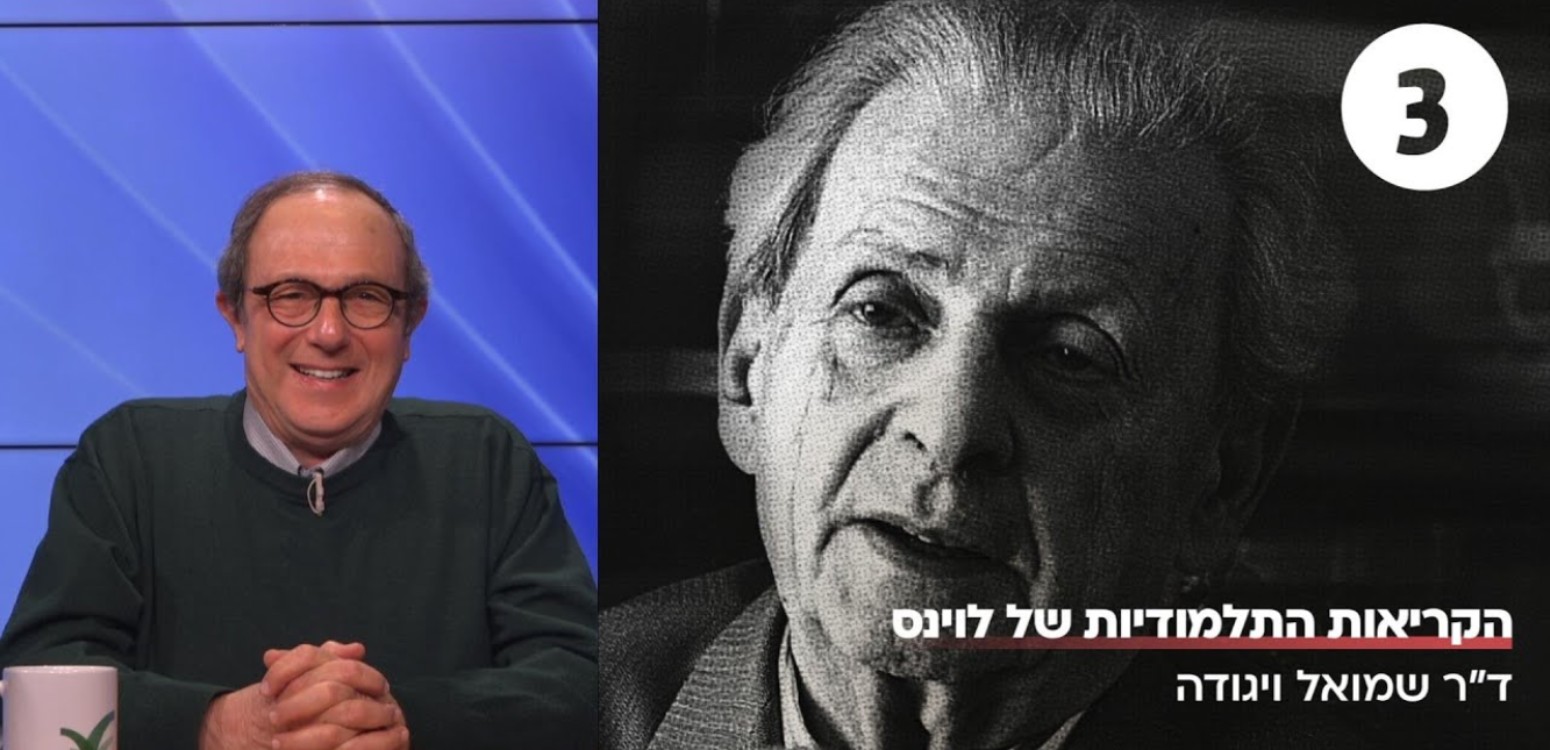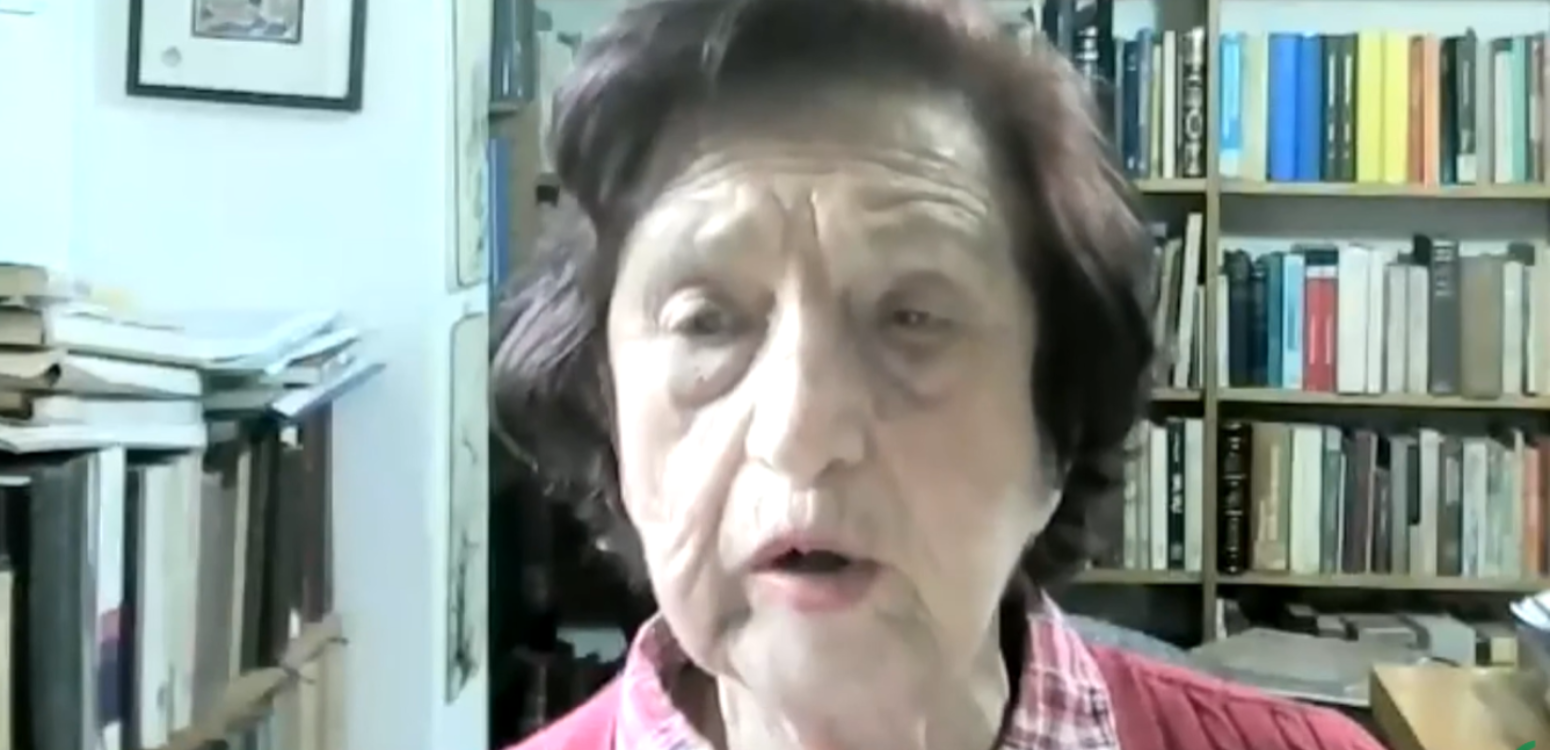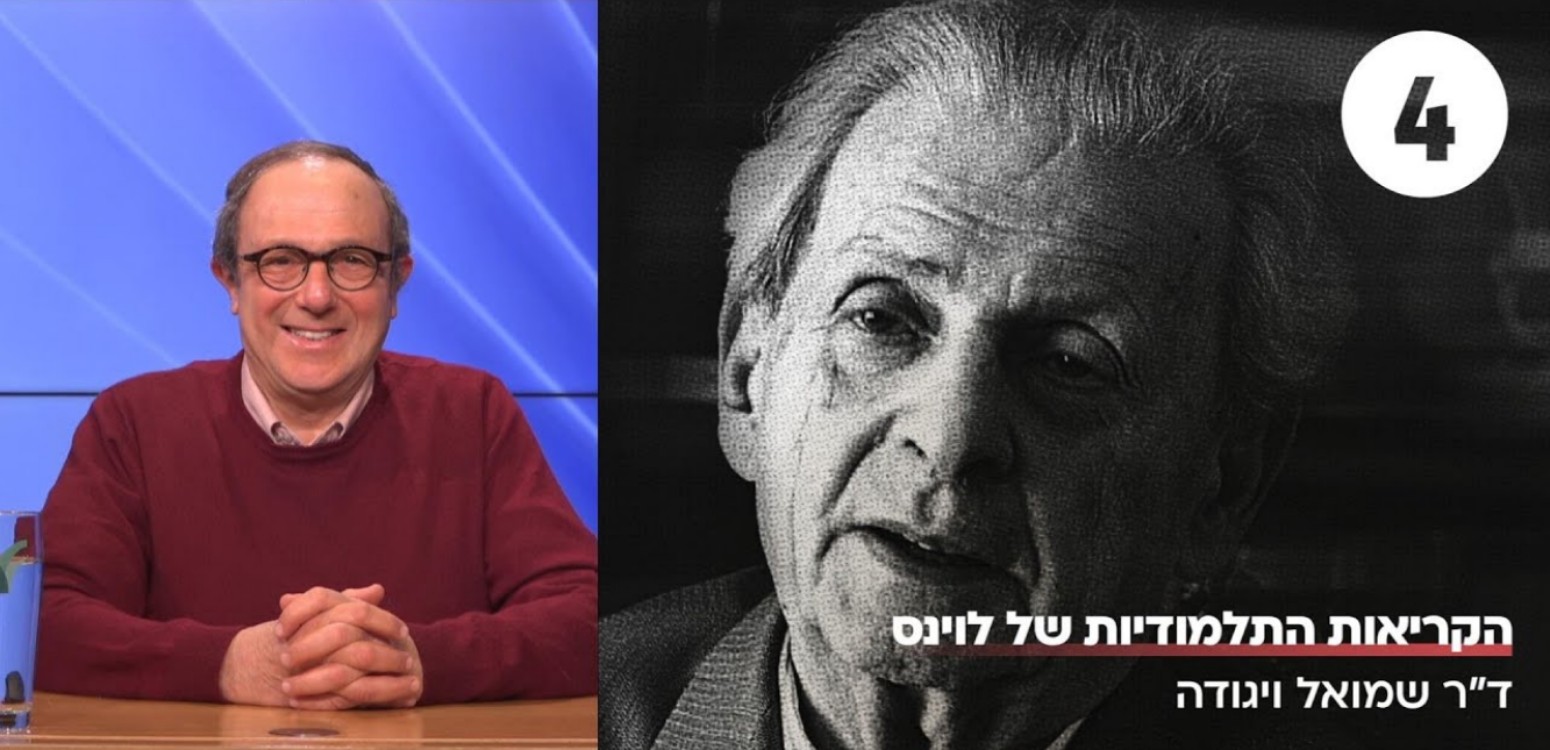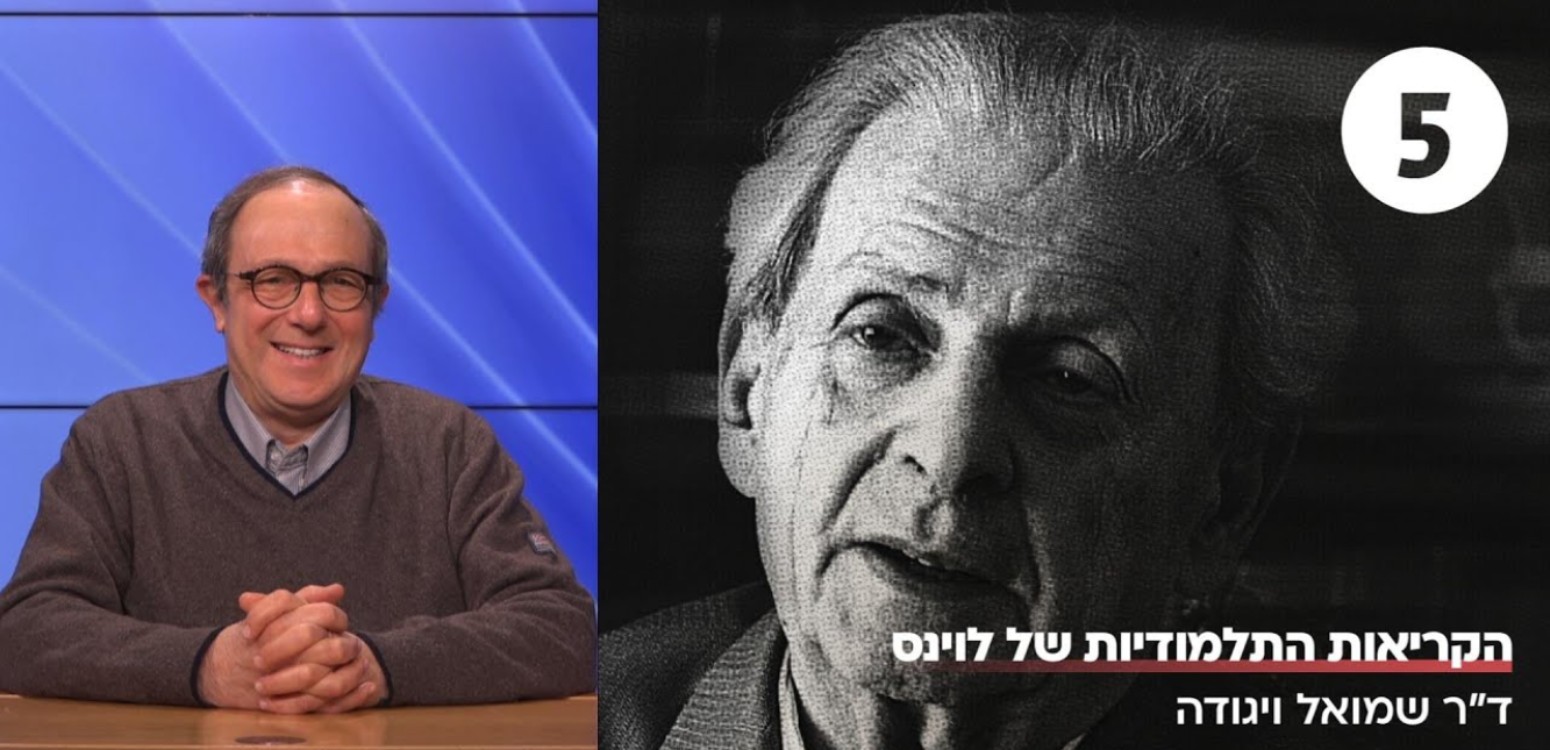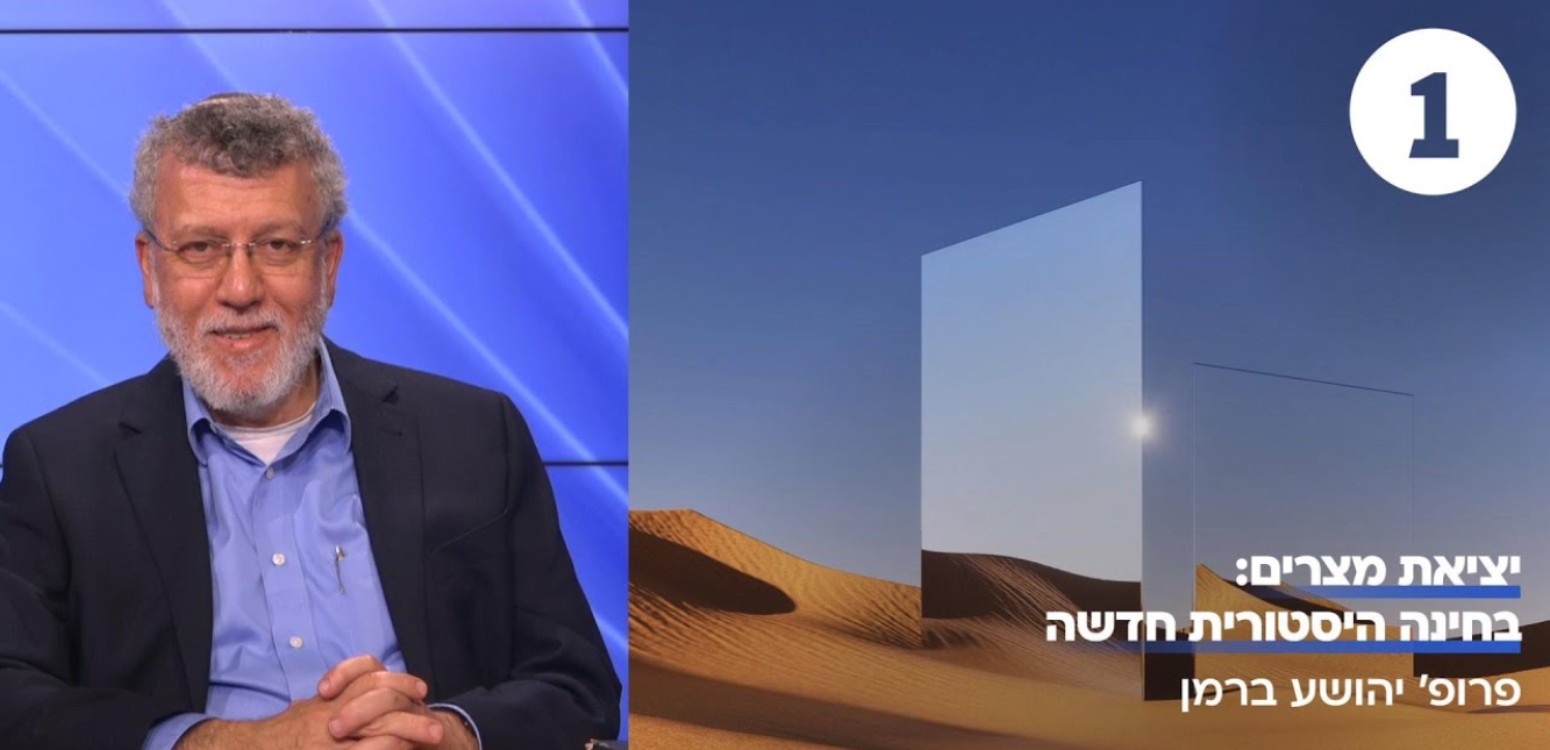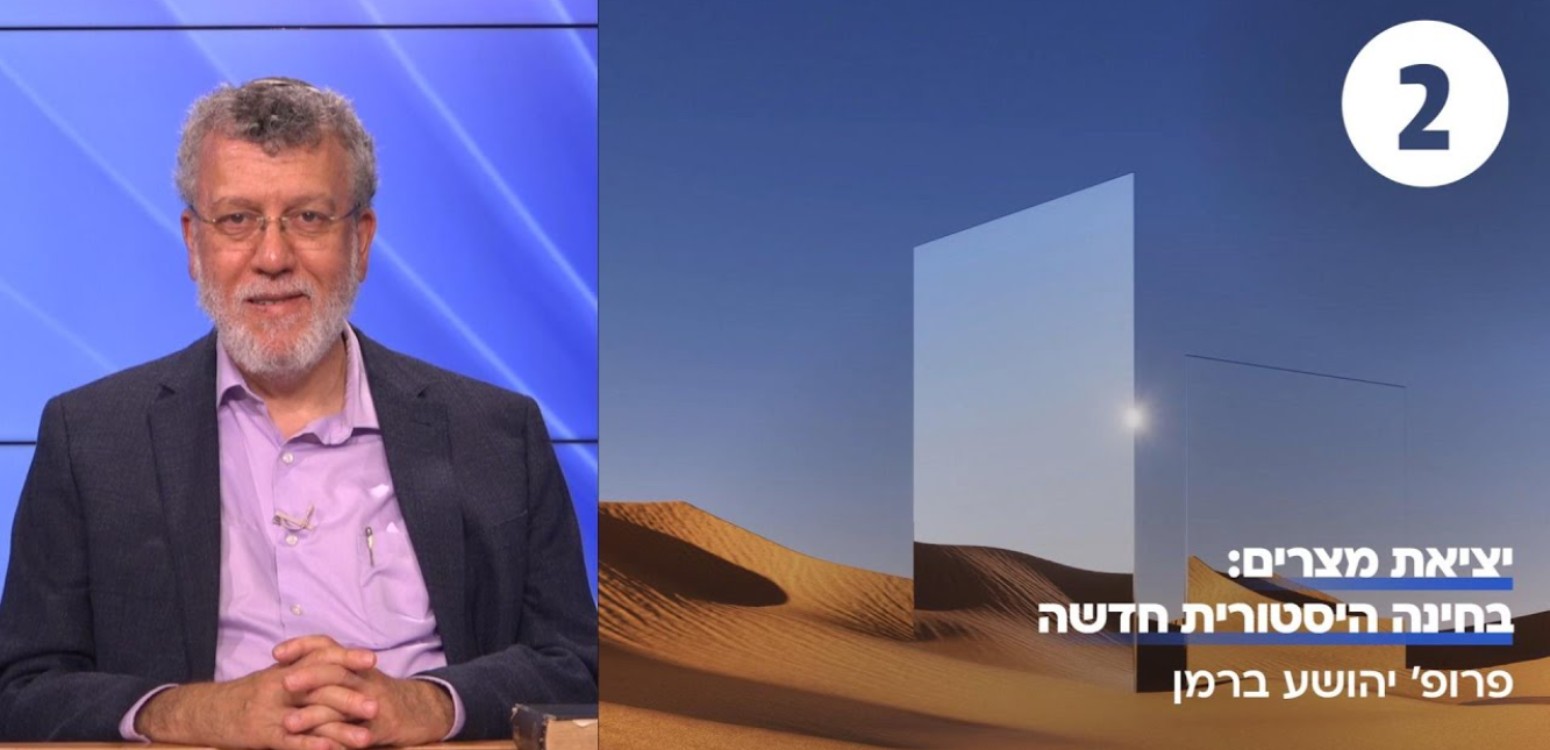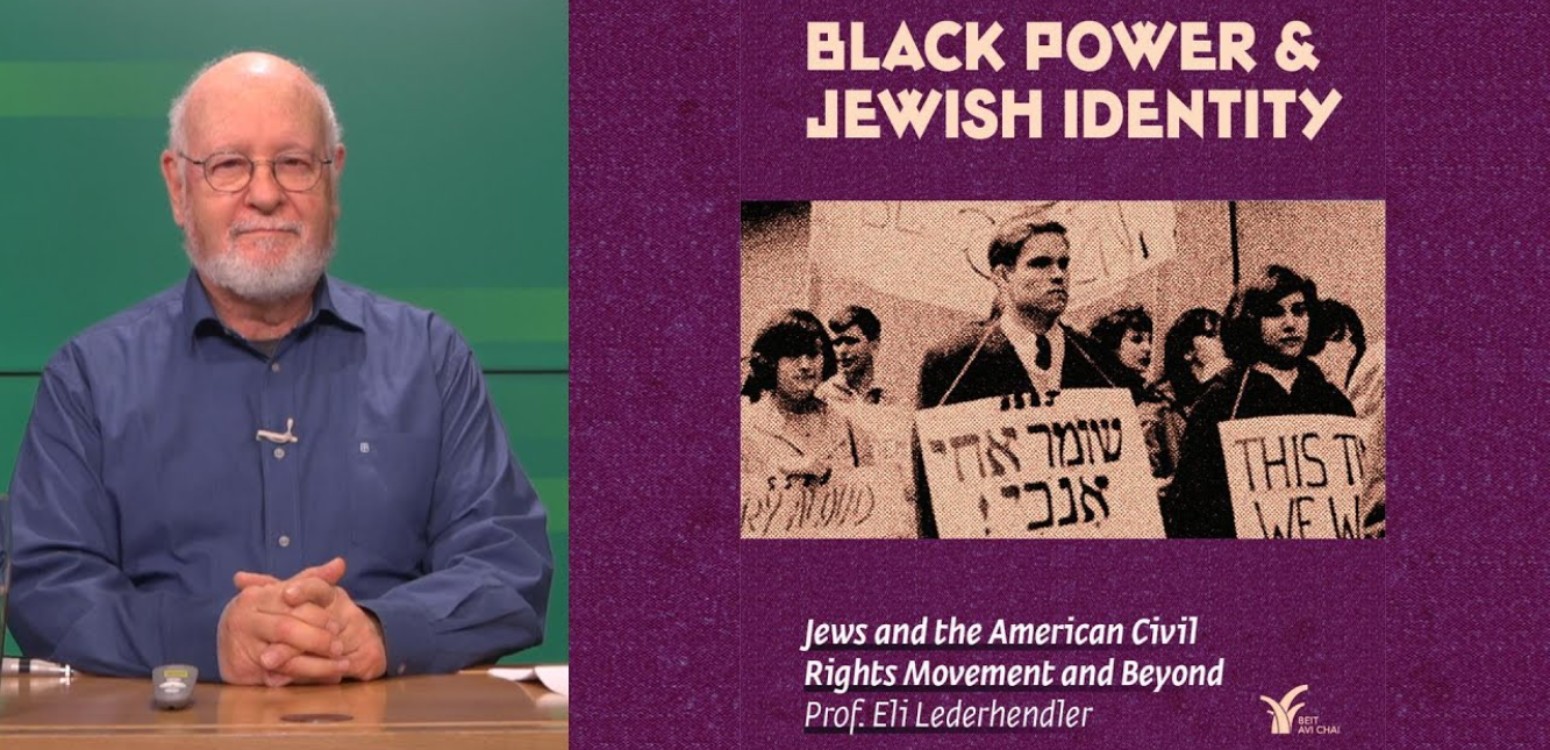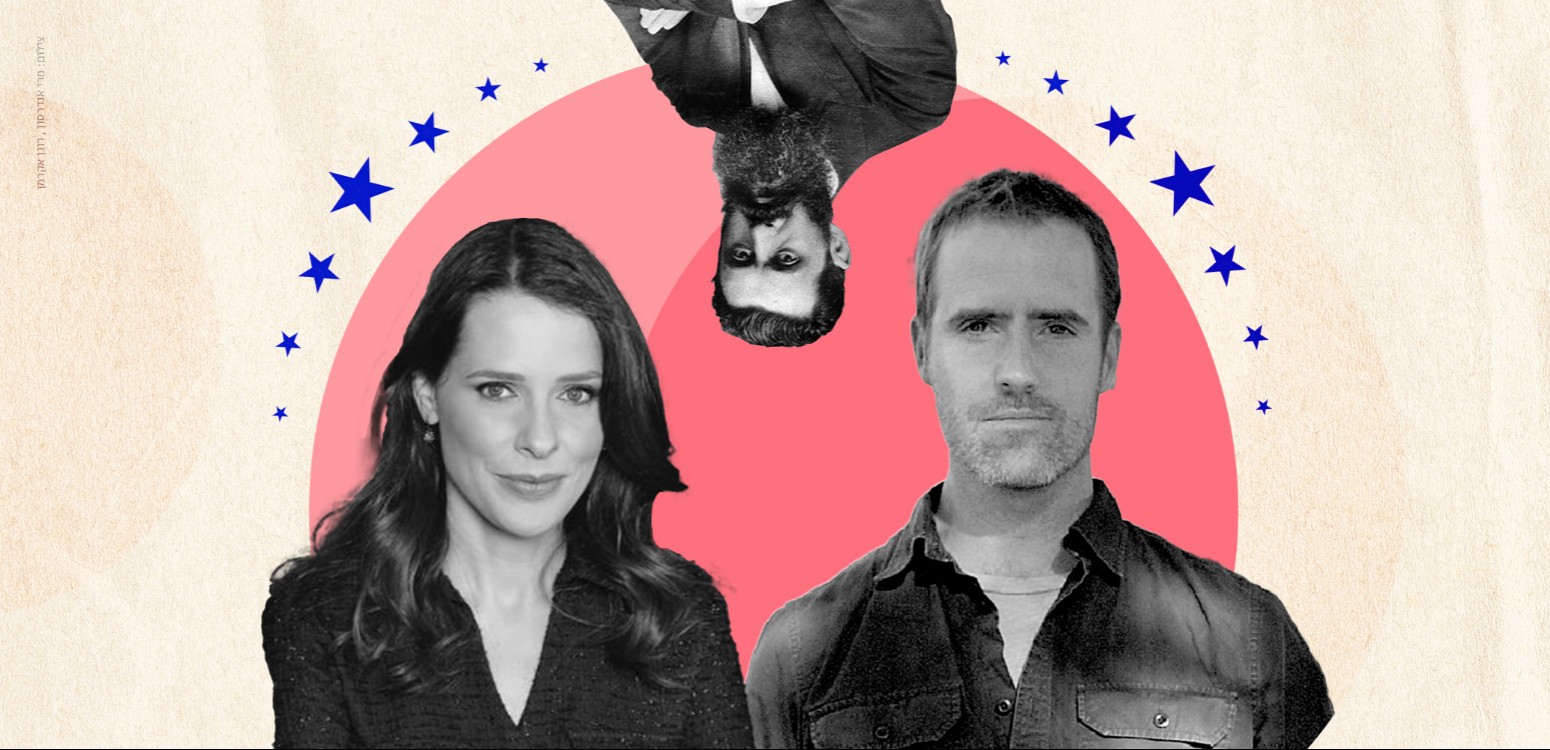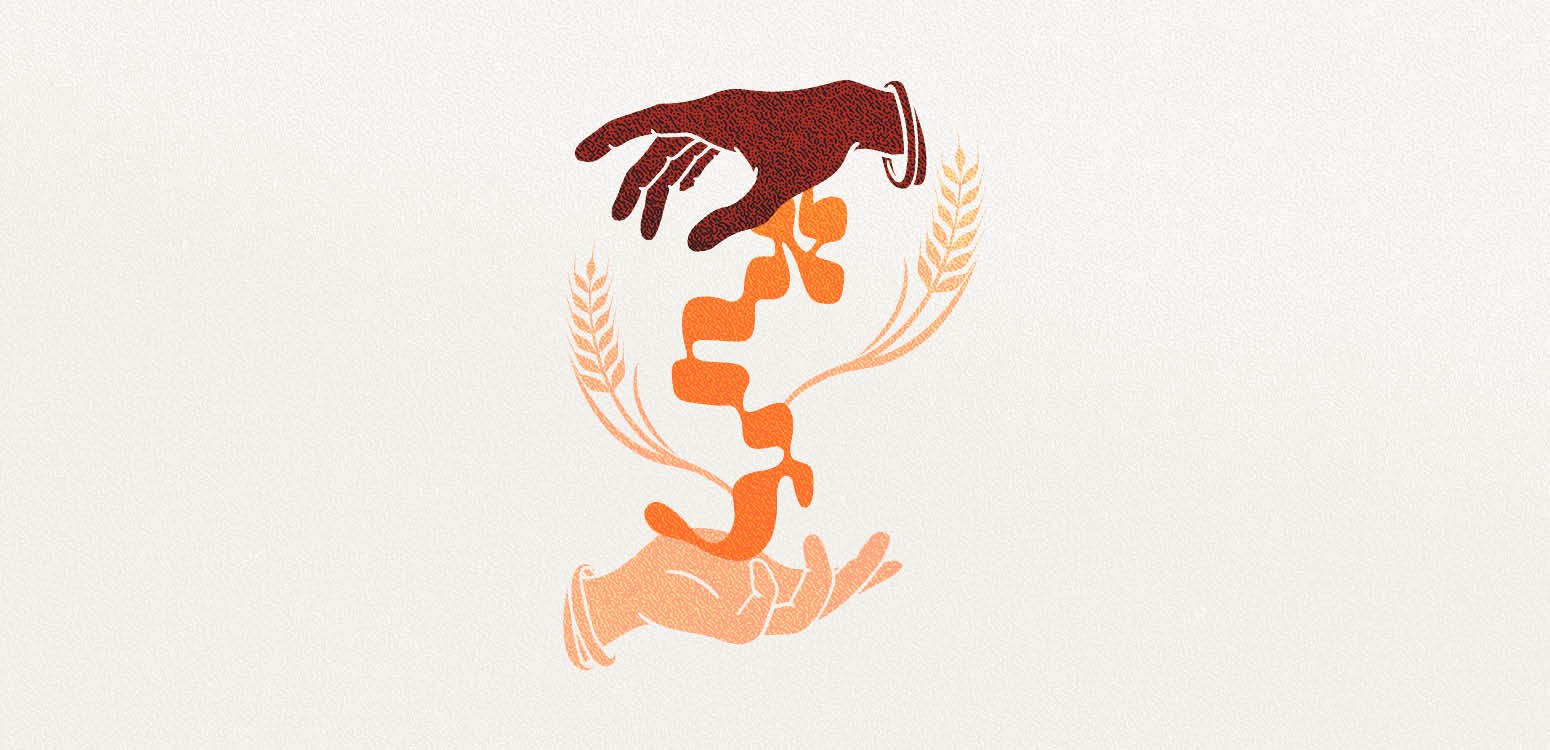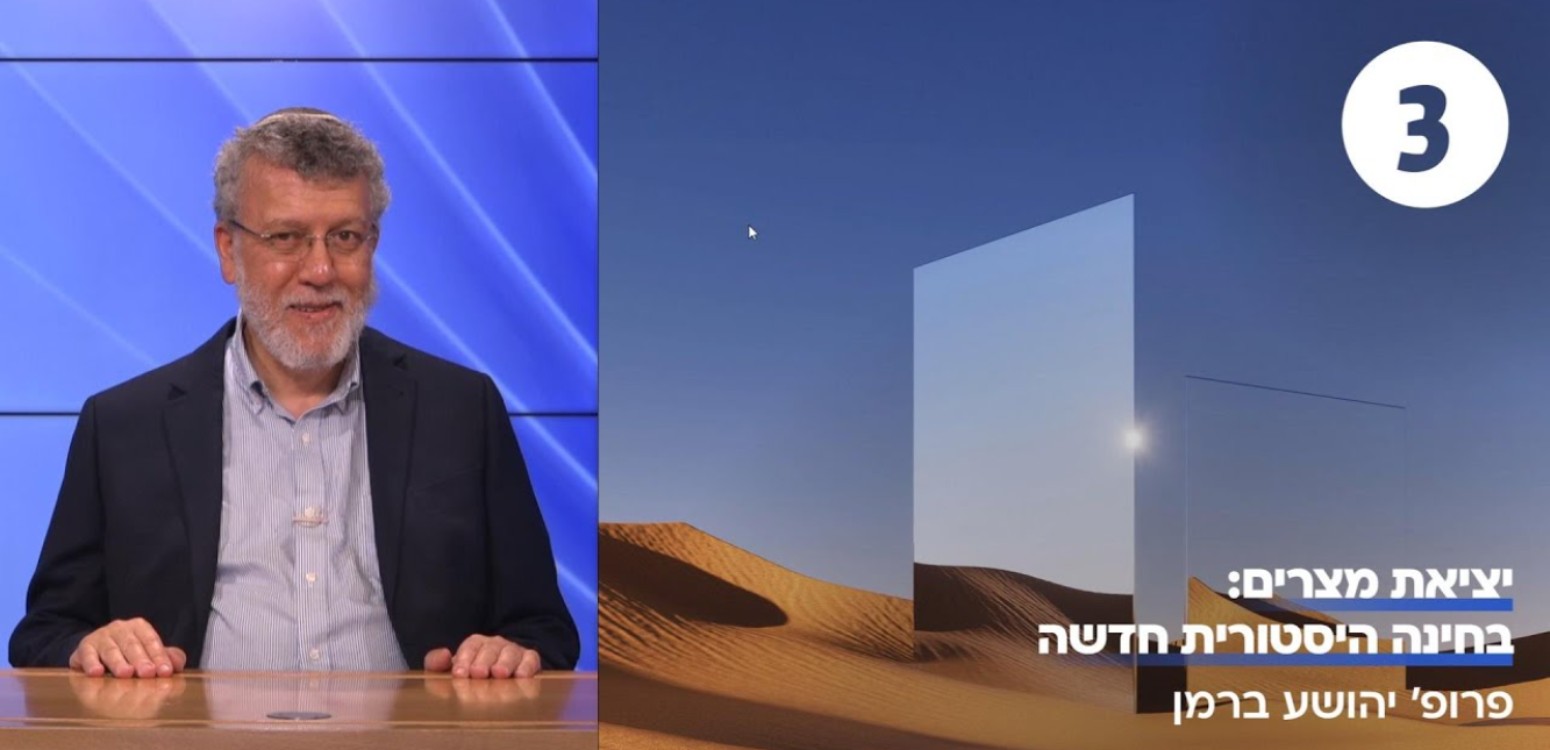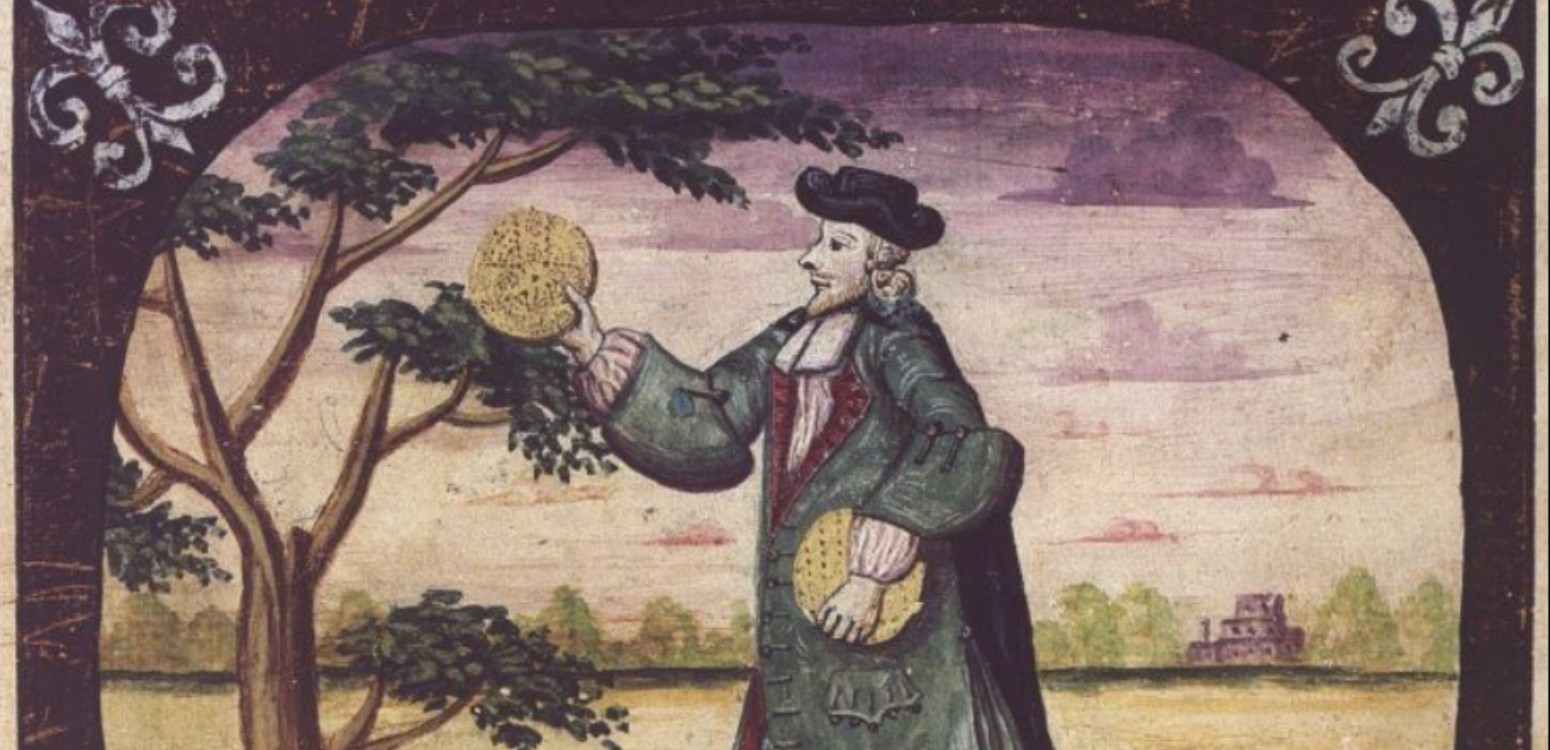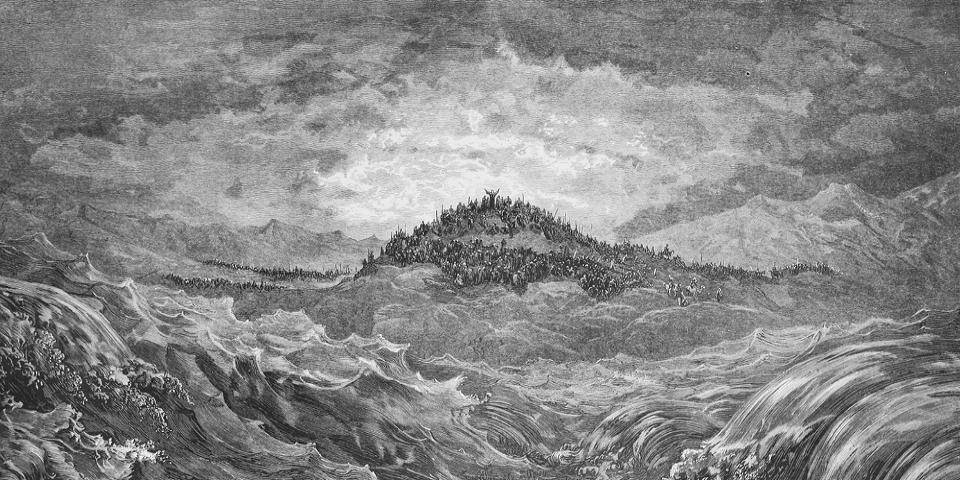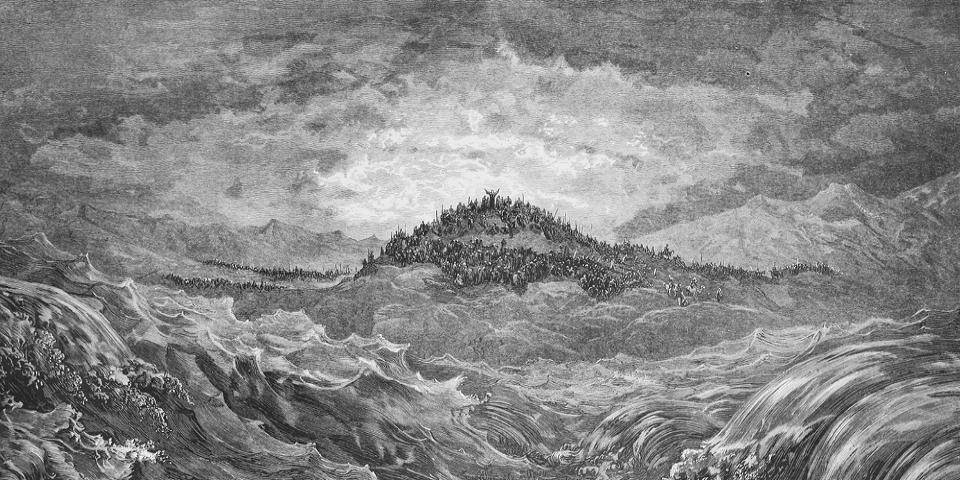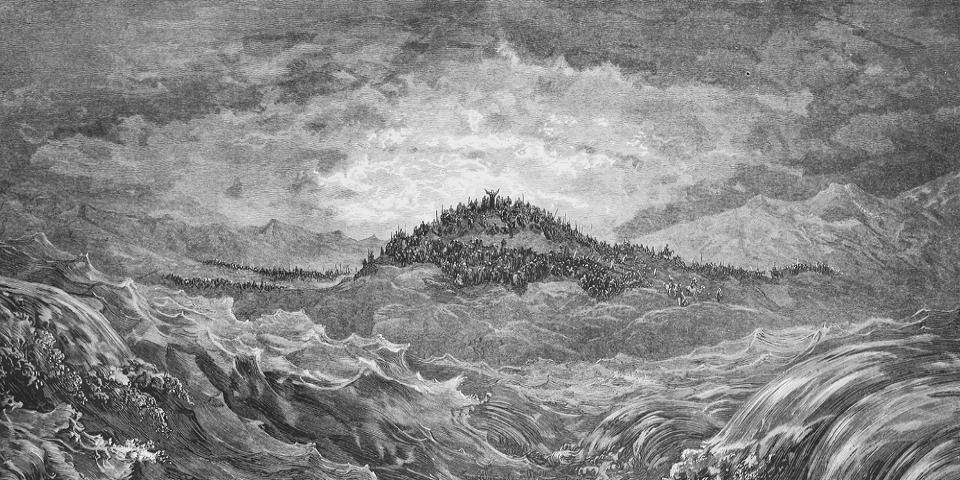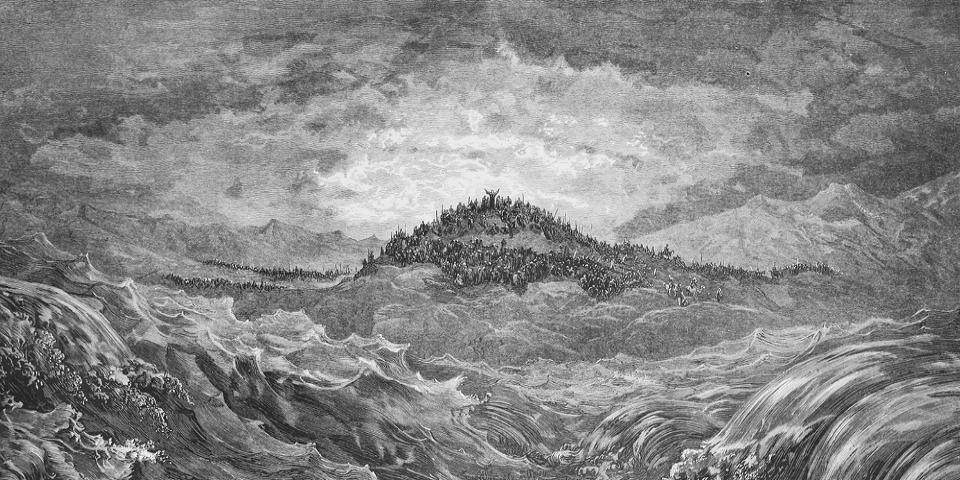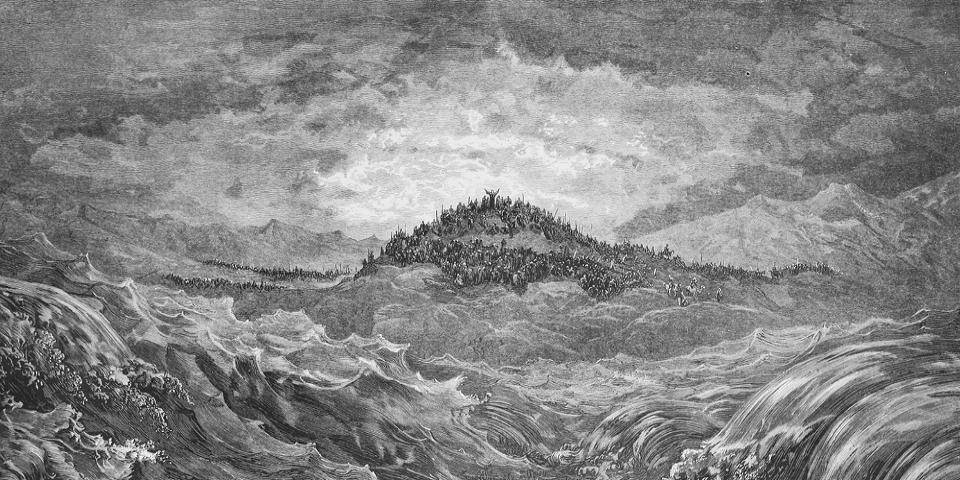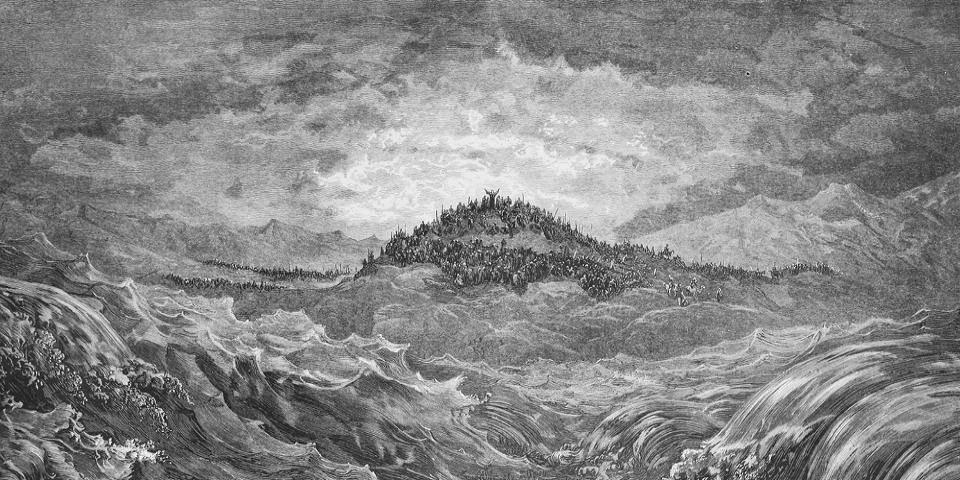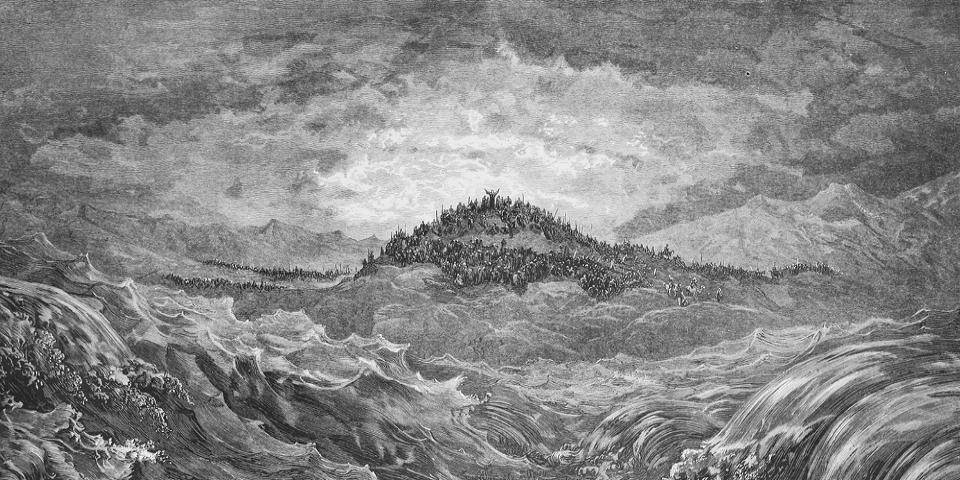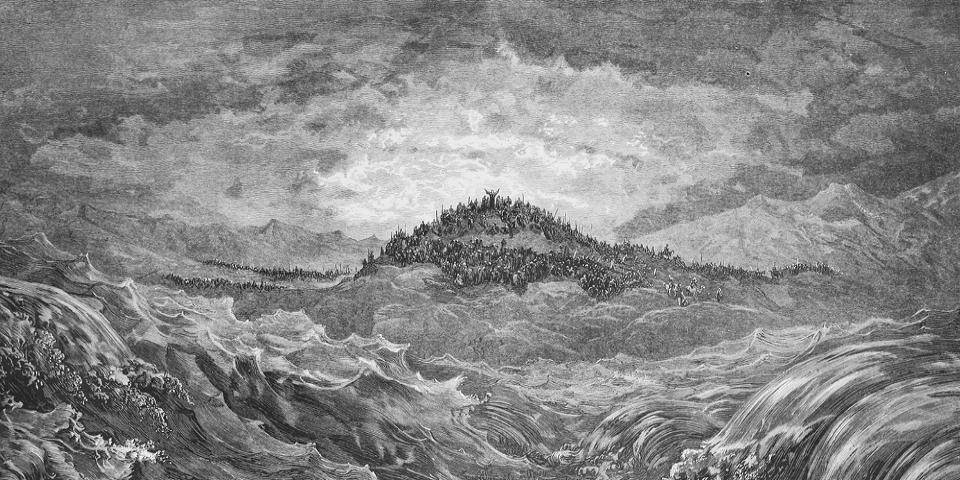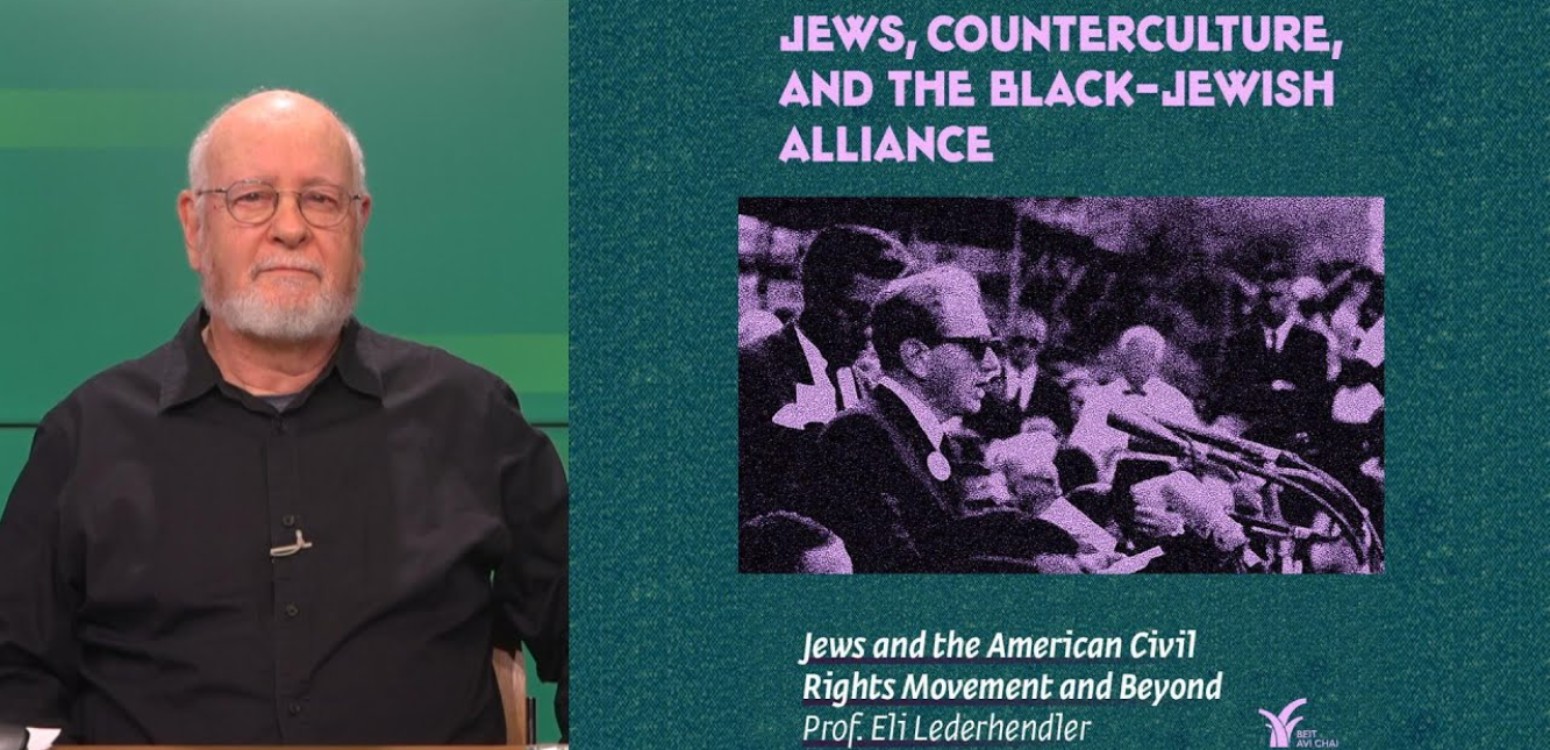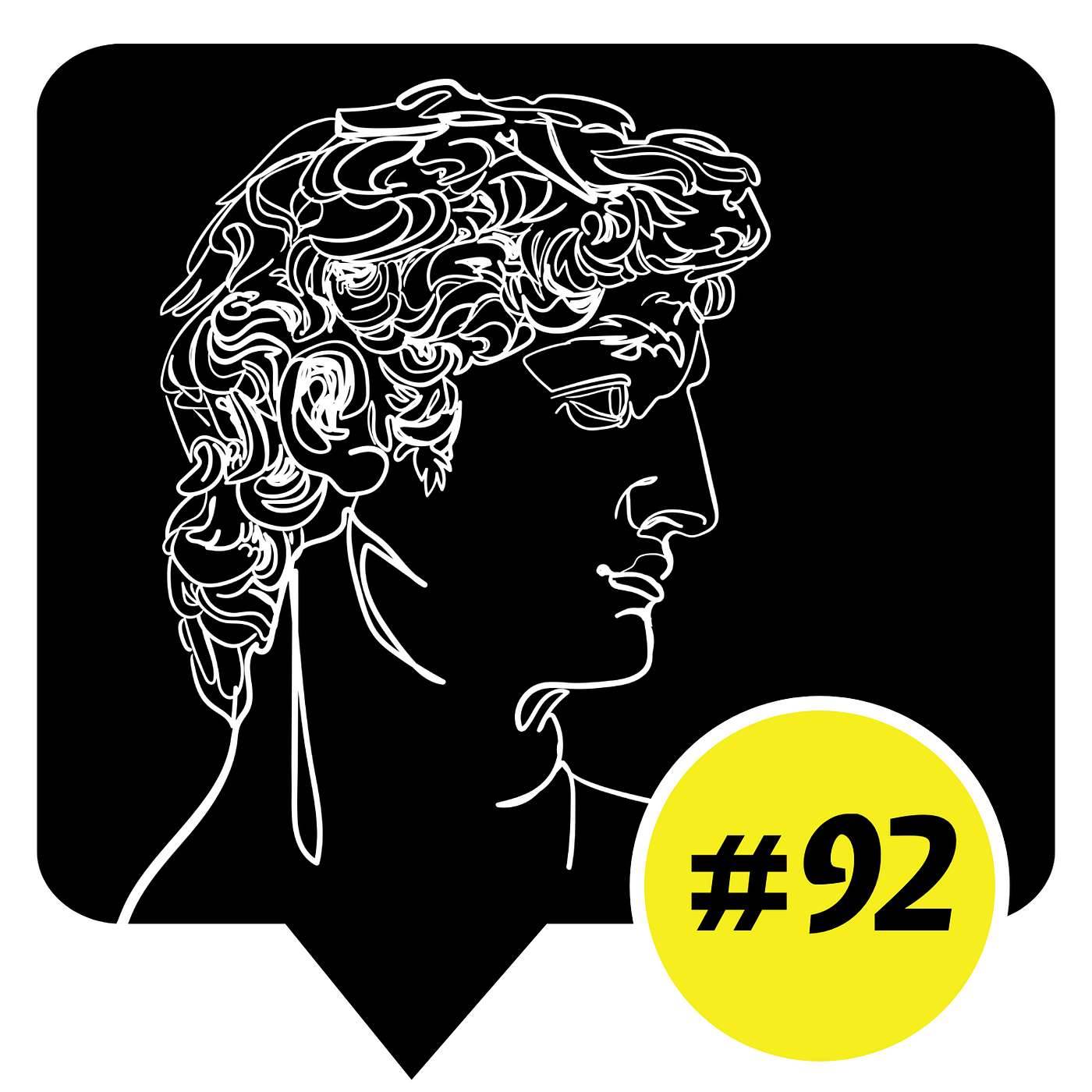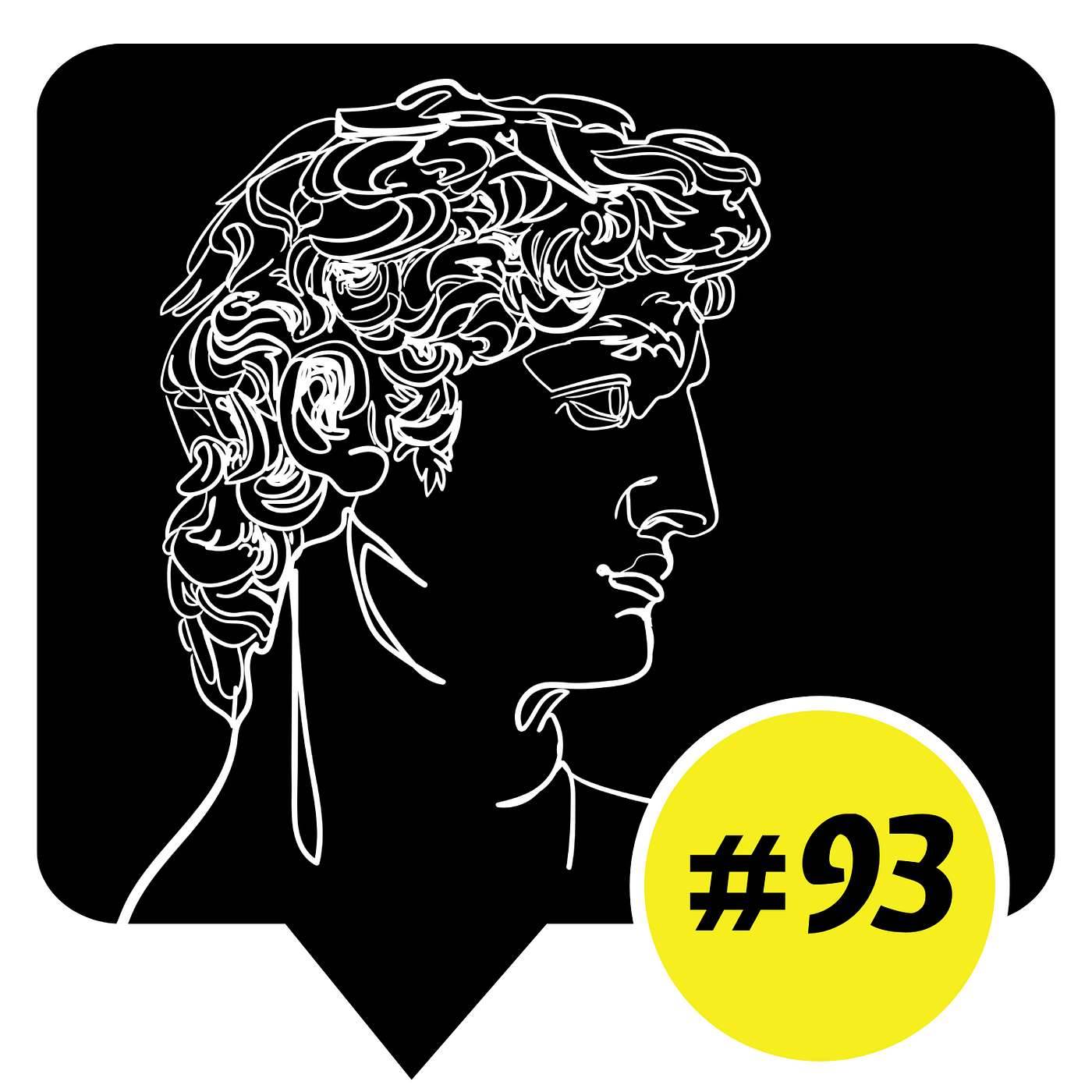Wednesdays at Beit Avi Chai- Parshat Hashevua in English
Dr. Aviva Zornberg, Noted author and lecturer
The lectures will be uploaded onto the event pages in the days following the lectures.
Download source material here>>>
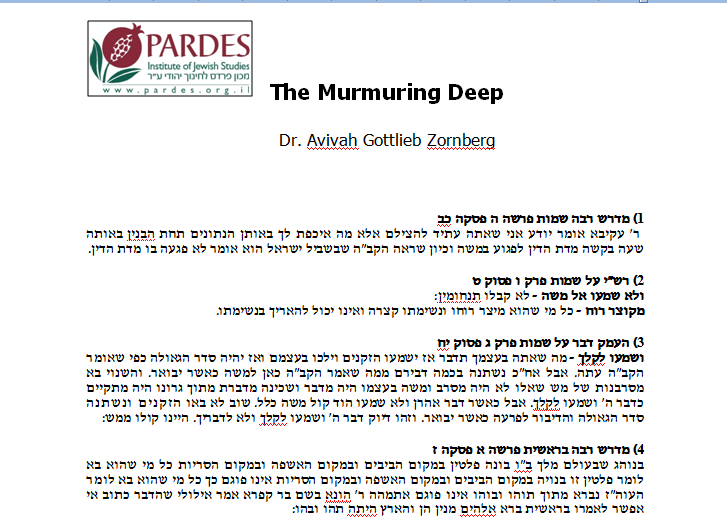

The Murmuring Deep
Dr. Avivah Gottlieb Zornberg
1) מדרש רבה שמות פרשה ה פסקה כב
ר' עקיבא אומר יודע אני שאתה עתיד להצילם אלא מה איכפת לך באותן הנתונים תחת הבנין באותה שעה בקשה מדת הדין לפגוע במשה וכיון שראה הקב"ה שבשביל ישראל הוא אומר לא פגעה בו מדת הדין.
2) רש"י על שמות פרק ו פסוק ט
ולא שמעו אל משה - לא קבלו תנחומין:
מקוצר רוח - כל מי שהוא מיצר רוחו ונשימתו קצרה ואינו יכול להאריך בנשימתו.
3) העמק דבר על שמות פרק ג פסוק יח
ושמעו לקלך - מה שאתה בעצמך תדבר אז ישמעו הזקנים וילכו בעצמם ואז יהיה סדר הגאולה כפי שאומר הקב"ה עתה. אבל אח"כ נשתנה בכמה דבירם ממה שאמר הקב"ה כאן למשה כאשר יבואר. והשנוי בא מסרבנות של מש שאלו לא היה מסרב ומשה בעצמו היה מדבר ושכינה מדברת מתוך גרונו היה מתקיים כדבר ה' ושמעו לקלך. אבל כאשר דבר אהרן ולא שמעו הוד קול משה כלל. שוב לא באו הזקנים ונשתנה סדר הגאולה והדיבור לפרעה כאשר יבואר. וזהו דיוק דבר ה' ושמעו לקלך ולא לדבריך. היינו קולו ממש:
4) מדרש רבה בראשית פרשה א פסקה ז
בנוהג שבעולם מלך ב"ו בונה פלטין במקום הביבים ובמקום האשפה ובמקום הסריות כל מי שהוא בא לומר פלטין זו בנויה במקום הביבים ובמקום האשפה ובמקום הסריות אינו פוגם כך כל מי שהוא בא לומר העוה"ז נברא מתוך תוהו ובוהו אינו פוגם אתמהה ר' הונא בשם בר קפרא אמר אילולי שהדבר כתוב אי אפשר לאמרו בראשית ברא אלהים מנין הן והארץ היתה תהו ובהו:
5) מדרש רבה בראשית פרשה ג פסקה ד
ר' שמעון בן יהוצדק שאל לרבי שמואל בר נחמן א"ל מפני ששמעתי עליך שאתה בעל אגדה מהיכן נבראת האורה א"ל מלמד שנתעטף בה הקב"ה כשלמה והבהיק זיו הדרו מסוף העולם ועד סופו אמרה ליה בלחישה א"ל מקרא מלא הוא (תהלים קד) עוטה אור כשלמה ואת אמרת לי בלחישה אתמהא א"ל כשם ששמעתיה בלחישה כך אמרתיה לך בלחישה א"ר ברכיה אלולי שדרשה רבי יצחק ברבים לא היה אפשר לאומרה...
6) מי השילוח אמור
אמור אל הכהנים בני אהרון ואמרת אלהם לנפש לא יטמא בעמיו. כהן נקרא העובד ה' ורואה כי כל המעשים הנעשים בעולם אינם במקרה רק בהשגחה מאת הש"י, ויודע כי רצון הש"י הוא רק להיטב לבריות. ולאדם כזה יוכל לבוא תרעומות כי יראה איזה מעשה ממדות דינו של הקב"ה. כי האדם שנגמר מדעתו כי העולם מקרה הוא, לא יכול לבא כ"כ לידי תרעומות כאשר יראה דבר הנהגה נגד רצונו כי יאמר מקרה הוא. אך האדם היודע כי הכל נעשה בידי שמים לזה יוכל לבוא תרעומות. ועי"ז מזהיר הקב"ה לכהנים היינו לעובדי ה', לנפש לא יטמא בעמיו, היינו שלא יהיה להם תרעומות על מדות דינו של הקב"ה כי טמא לנפש היינו תרעומות על הקב"ה. כי עיקר תרעומות המצוי בעולם נגד מדות הדין, הוא על ההפסד וההעדר הנמצא בעולם, כמבואר בזוה"ק. לכו צוה הש"י אמור אל הכהנים ואמרת היא בלחישה [זוהר ויקרא פ"ח:] היינו ללחוש לעובדי ה' שלא יהיה להם תרעומות גם על מדות הדין, כי תמיד כוונת הש"י אך להיטיב, אף שינהג במדות הדין גם אז כוונתו בעומק להיטיב.
7) ספר גבורות השם - פרק כח
וכאשר תבין זה תבין גם כן מה שאמרו רז"ל בפרק המפלת (נדה ל' ע"ב) כשהולד יוצא לאויר העולם בא מלאך וסטרו על פיו ומשכח ממנו כל התורה. למה אמרו סטרו על פיו, כי הוא זה אשר אמרנו לך, כי הפה שנעשה בו אדם חי מדבר גשמי הוא משכח ממנו כל התורה. ופירוש זה כי האדם מתחבר בו הנשמה אל החומר, ובעבור שאין הנשמה השכלית מחובר בו בחומר, דהיינו בעוד שלא יצא לאויר העולם, אז נשמתו נבדלת ואז היא שכלית לגמרי וידע כל התורה, ובעת יציאתו נגמר בריאתו והנשמה תתחבר לחומר, וכאשר תתחבר הנשמה אל הגוף נעשה אדם חי מדבר גשמי, וזה שמשכח כל התורה שאינו שכלי לגמרי. וכן תרגם אונקלס (בראשית ב') ויהי האדם לנפש חיה והוה לרוח חיה ממללא. כי האדם צורתו חבור הנשמה השכלית והגוף ביחד, ודבר זה הוא עצמו כח המדבר שהוא נשמה עם הגוף כמו שיתבאר, וכח המדבר הוא גמר צורתו, וכל זמן שהוא בבטן אמו אין לו רוח ממללא עד שהוא יוצא לאויר העולם. והכאה הזאת שהוא מכה על פיו, רצה לומר גמר צורתו, ונקרא זה הכאה על פיו, כי כן גמר צורה של כלי נקרא מכה בפטיש המכה על הכלי בגמר מעשה זהו גמר מלאכתו, כן גמר צורתו שהוא חי מדבר הוא נעשה על ידי גמר פיו ששם כח הדברי, והגמר היא הכאה ושם נגמר ונעשה האדם מורכב מן הנשמה השכלית וגוף...
...והנה התבאר לך מה שלא היה משה בעל פה ולשון. ורמזו דבר זה בענין נעלם, כהא דאיתא בפרק קמא דתענית (י"א ע"ב) במה שמש משה בימי המלואים רב כהנא מתני בחלק לבן שאין לו אמרא. רמז על שלימות הנבדל השכלי בחלק לבן ולא היה לו אמרא וראוי היה לשמש בזה, ודבר זה הוא מדתו חלק לבן שאין לו אמרא, שלא היה בעל אמירה, רק היה לו חלק לבן המורה על השכל שהוא לבן וצח.
8) שפת אמת על וארא 30 - יש ללמוד מפרשה זו שצוה המקום ב"ה לומר לבנ"י זאת הפרשה אם כי לא שמעו מקוצר רוח כו'. עכ"ז נשאר בוודאי בהם קצת רושם מדיבורים אלו אשר אחר הגאולה נתברר להם למפרע כל הדיבורים. כי נמצא קצת ידיעה בלב אדם. אשר הש"י בוחן כליות ולב. מבין זאת המחשבה. מה שאדם עצמו לא יוכל להרגיש כמ"ש חז"ל עד שלא נוצרה המחשבה בלבו של אדם הוא מבין:

The Murmuring Deep
Dr. Avivah Gottlieb Zornberg
1) Shemot Rabbah 5:27
R. Akiba said that Moses argued thus: ' I know that Thou wilt one day deliver them, but what about those who have been immured in the buildings? ' Then did the Attribute of justice seek to strike Moses, but after God saw that Moses argued thus only because of Israel, He did not allow the Attribute of Justice to strike him.
2) Rashi on Shemot 6:9
But they would not listen to Moshe - They did not accept [his] words of comfort.
Because of [their] distress - If someone is in a distressed state he is short of breath and he cannot draw long breaths.
3) HaEmek Davar 3:18 – Not Available in English
4) Bereishit Rabbah 1:7
In human practice, when an earthly monarch builds a palace on a site of sewers, dunghills, and garbage, if one says, ‘This palace is built on a site of sewers, dunghills, and garbage,’ does he not discredit it? Thus, whoever comes to say that this world was created out of tohu and bohu5 and darkness, does he not indeed impair [God's glory]! R. Huna said in Bar Kappara's name: If the matter were not written, it would be impossible to say it, viz., GOD CREATED HEAVEN AND EARTH; out of what? Out of NOW THE EARTH WAS TOHU AND BOHU (I, 2).
5) Bereishit Rabbah 3:4
4. AND GOD SAID: LET THERE BE LIGHT, etc. R. Simeon b. R. Jehozadak asked R. Samuel b. Nahman: ‘As I have heard that you are a master of haggadah, tell me whence the light was created?’ He replied: ‘The Holy One, blessed be He, wrapped Himself therein as in a robe and irradiated with the luster of His majesty the whole world from one end to the other.’ Now he had answered him in a whisper, whereupon he observed, ‘There is a verse which states it explicitly: Who coverest Thyself with light as with a garment (Ps. CIV, 2), yet you say it in a whisper!’ ‘Just as I heard it in a whisper, so have I told it to you in a whisper,’ he rejoined. R. Berekiah remarked: Had not R. Isaac taught it, could we have said it!
6) Mei HaShiloach – Emor
“… Say (Emor) to the Cohanim, the sons of Aharon, and you shall say to them, do not make yourselves impure from the dead of your people.” (Vayikra, 21:1) Cohen signifies one who serves God, and sees that all that happens in the world happens as a result of the direct involvement (hashgacha) of God. He also sees that God’s desire is only to improve His creation. One who sees the world this way can easily experience angry complaints when he sees events that are an expression of the attribute of God’s stern judgment. Someone who has decided that the world runs by chance does not as easily have such complaints, for when things go against his desire, he attributes them to chance. But one who knows that all that happens in the world is from Heaven can experience angry complaints.
For this reason, God commands the Cohanim, meaning those who serve God, “Do not make yourselves impure through the dead of your people.” In other words, not to have angry complaints against God’s attribute of stern judgment. The main reason for such complaints is God’s attribute of stern judgment, which creates experiences of loss and absence, as explained in the holy Zohar. Therefore, God commanded, “Say to the Cohanim,” for Emor (the particular wording of “Say to them”) signifies a whisper (Zohar, Vayikra, 88b). “Whisper into the ears of the servants of God that they should not have angry complaints against the attribute of stern judgment. For God’s intentions are always for the good. Even when He conducts the world with stern judgment, then too, His profound intention is only for the good.
7) Gevurot Hashem – 28
The following Talmudic dictum will enhance our understanding of this subject: “The moment a newborn infant enters into the world, an angel smacks him on the mouth, causing him to forget the entire Torah.” (Tractate Nidah 30b) When the infant enters into the world, its previously unlimited intelligence is boxed in to a limited corporeal framework. This corporeal framework acts as a partition which separates the infant from the infinite knowledge of the Torah. Prior to his entrance into the world, there was no such separation, and his mind was thus able to directly relate to the entire Torah. The smack of the angel provides the ‘finishing blow’ which forges the material and nonmaterial aspects of this infant together, into a normal organic human being. For this reason, the smack is upon his mouth, for the mouth is the seat of the faculty of speech, which more than any other faculty, is the point wherein mind and body are united… However, the deepest dictum regarding this subject is in Tractate Ta’anit (11b(: “In what kind of garment did Moshe serve during the inauguration of the Tabernacle? Rav Kahana teaches, He served in a white robe that had no cuff.” It is usual for Scripture to allude to perfect, unblemished nivdal intellect by ‘white robe’. Hence, a white robe was appropriate for Moshe, as it was appropriate for many other great zadikim. However, why did Moshe’s robe lack a cuff? Understand that the Hebrew word for cuff, imrah is related to the word for speech, amirah. Moshe’s robe lacked a cuff, for the same reason that Moshe lacked polished speech. The cuff is the ‘finishing touch’ of the garment in much the same way that speech is the ‘finishing touch’ of the person. A person is not fit for speech until he receives that ‘finishing blow’ of the angel. Hence, Moshe who lacked the ‘finishing blow’ was on such a high level, that it was appropriate for him to serve in a completely simple garment which lacked a cuff. Moshe was not a regular mortal, and his robe had to be the ultimate in simplicity.
8) Sfat Emet – Va’era 30 – Not Available in English
Wednesdays at Beit Avi Chai- Parshat Hashevua in English!
Dr. Aviva Zornberg, Noted author and lecturer
Drawing on midrashic and hassidic sources, as well as on psychoanalytic thought, we will discuss the birth of a singular individual and a nation. Moses and Israel emerge in a profound exodus from the traumas of exile, especially from the exile that the midrash calls the Exile of the Word. Moses, child of two mothers and two cultures, weighed down by a speech impediment, mirrors the developmental struggles of his people. He is selected for greatness ‘for the sake of Israel.’ We will follow the arc of the symbiotic relationship between Moses and Israel through the book of Exodus.
The program will take place in English.
The lectures will be uploaded onto the event pages in the days following the lectures.
Entrance is free, subject to availability.
Tickets may be reserved in advance at the BEIT AVI CHAI box office.
עוד בבית אבי חי
